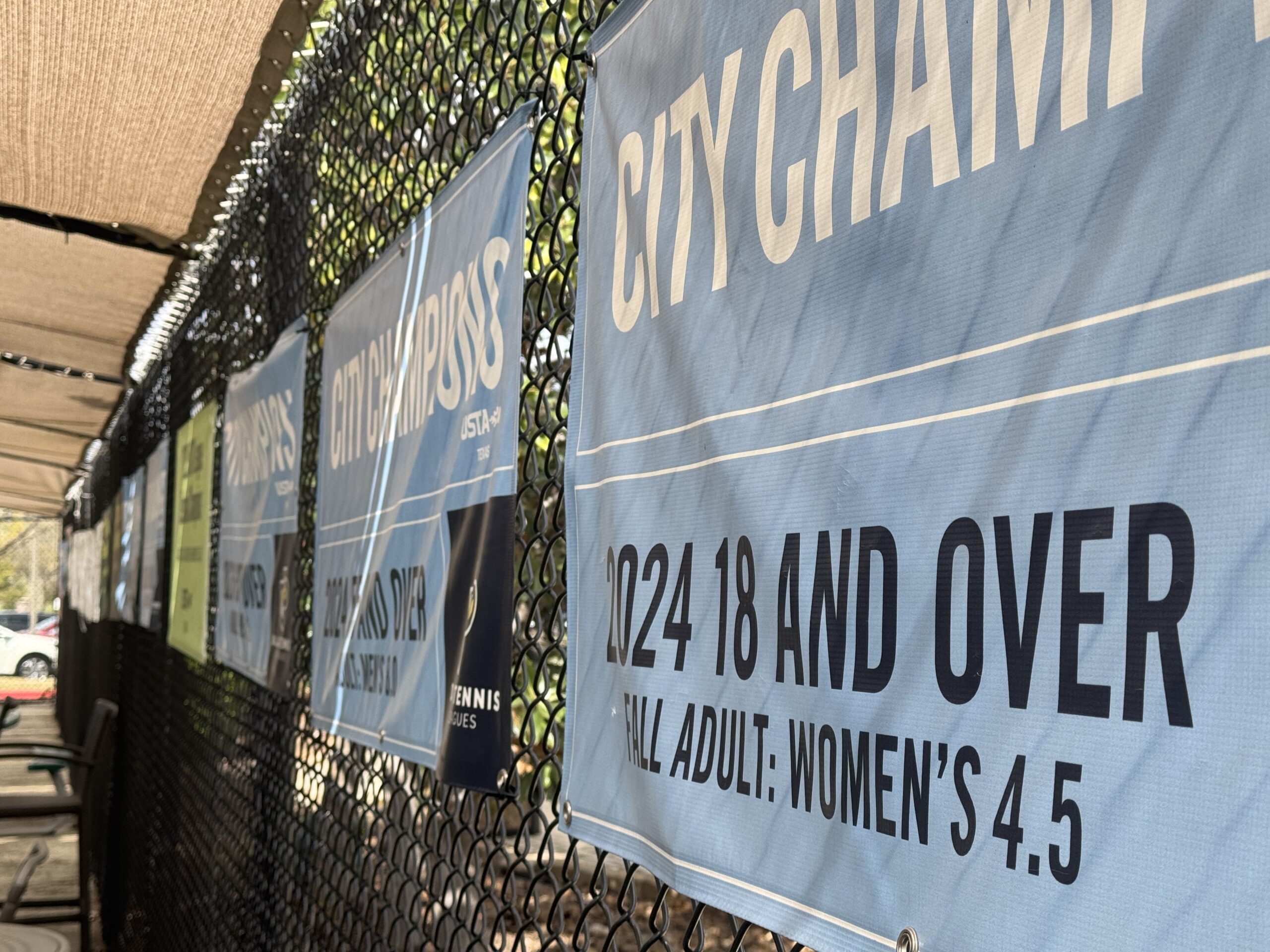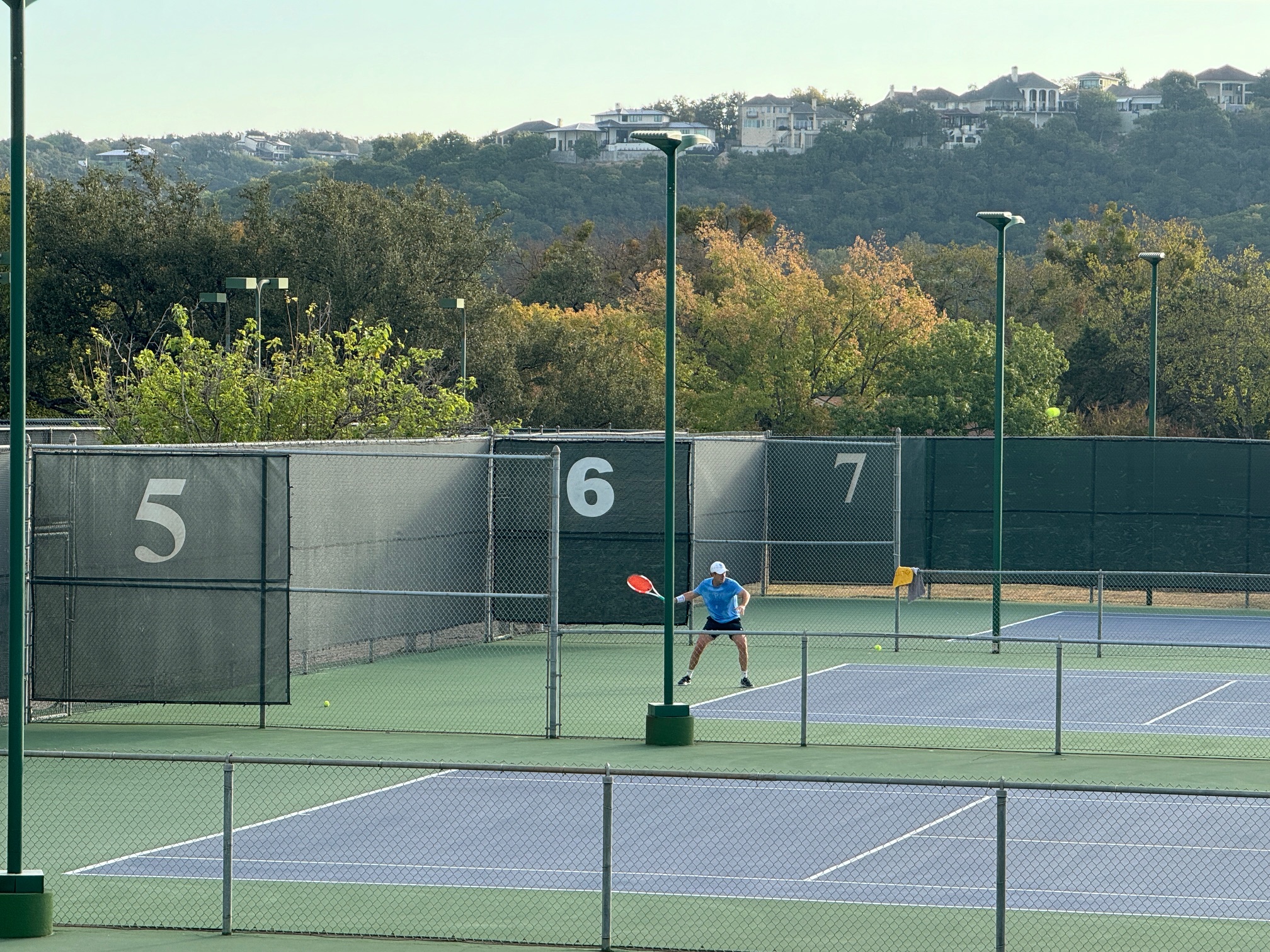The Rules of Tennis
The recently released 2021 Friend at Court includes three new USTA comments against the ITF Rules of Tennis. Since this site is currently in the middle of exploring the section of that contains the Rules of Wheelchair Tennis, it makes sense to cover these comments now. This requires a little backtracking. All three of the new USTA comments are in the main body of the ITF Rules of Tennis rather than the wheelchair section.
The first comment has to do with time limits on changeovers and set breaks when a Quad wheelchair player needs to re-strap a racquet.
The 90-second changeover limit and 120-second set break limit does not apply when a Quad wheelchair player needs extra time to re-strap a racket.
USTA Comment 29.2, USTA Friend at Court 2021.
If a wheelchair player’s grip strength needs some support in order to hold the racquet, the handle may be “strapped” into the players hand. This sounds more official and technical than the reality. In essence, the player tapes the racquet to their hand. (For the curious this YouTube video demonstrates the technique used by two specific players.)
Similarly, extra time is allowed if the wheelchair needs repairs, but there are limits to how much is permitted.
A wheelchair player or team may take one or more timeouts for wheelchair repairs during a match. Cumulative stoppage of play by a player or team of more than 15 minutes results in a loss of a point; any cumulative stoppage of play of more than 20 minutes results in a default.
USTA Comment 29.3, USTA Friend at Court 2021.
There is also a clarification that coaching is not allowed during wheelchair repair timeouts. That comment is in the midst of a much longer rule which enumerates when coaching is not allowed in general. It is a long list.
Is coaching permitted during a rest period?
Yes. Coaching is permitted during a 3-minute or 10-minute rest period. However, coaching is not allowed in the following situations:
(New) A wheelchair repair timeout;
(New) When a Quad wheelchair player is given additional time to re-strap their racket;
USTA Comment 30.2, USTA Friend at Court 2021.
This comment raises the possibility that someone other than the player may be allowed to assist with a wheelchair repair. This rule does apply to both players rather than just the one undergoing the repairs.
The placement of the three new comments against the main body of the ITF Rules of Tennis is strange. The alternative would have been to include the comments within the addendum to the Rules of Wheelchair tennis. Until the USTA inserted these three comments in the 2021 edition of the Friend at Court, there were no wheelchair adaptations at all within the main body of the ITF Rules of Tennis.
If I had been assigned responsibility for the insertion of these three new comments, there is no doubt in my mind that they would be in the wheelchair section. That is my background in software development and technical writing speaking. Creating coupling and dependencies between what should be independent sections of a document is a poor practice.
The USTA arrangement creates potential future document maintenance issue. As an example, if either the USTA or the ITF determined that strapping the racquet was no longer permissible, then that would have to be indicated in the wheelchair rules of tennis AND in the USTA Comment which is in a different location. Someone making that update would have to remember that update was required in separate places and make updates that were consistent with each other. That increases the likelihood of future errors.
The 2021 USTA Friend at Court contains some significant structural overhauls that are designed make the material easier to maintain. (I previously wrote about those changes in “USTA Friend at Court 2021.”) I find it ironic that the insertion point selected for these three new wheelchair comments takes the maintainability of the document in the opposite direction.
That’s just the way exegesis of USTA publications goes sometimes. Progress isn’t always linear.
- United States Tennis Association (2021), Friend at Court: Handbook of Rules and Regulations, White Plains, NY



